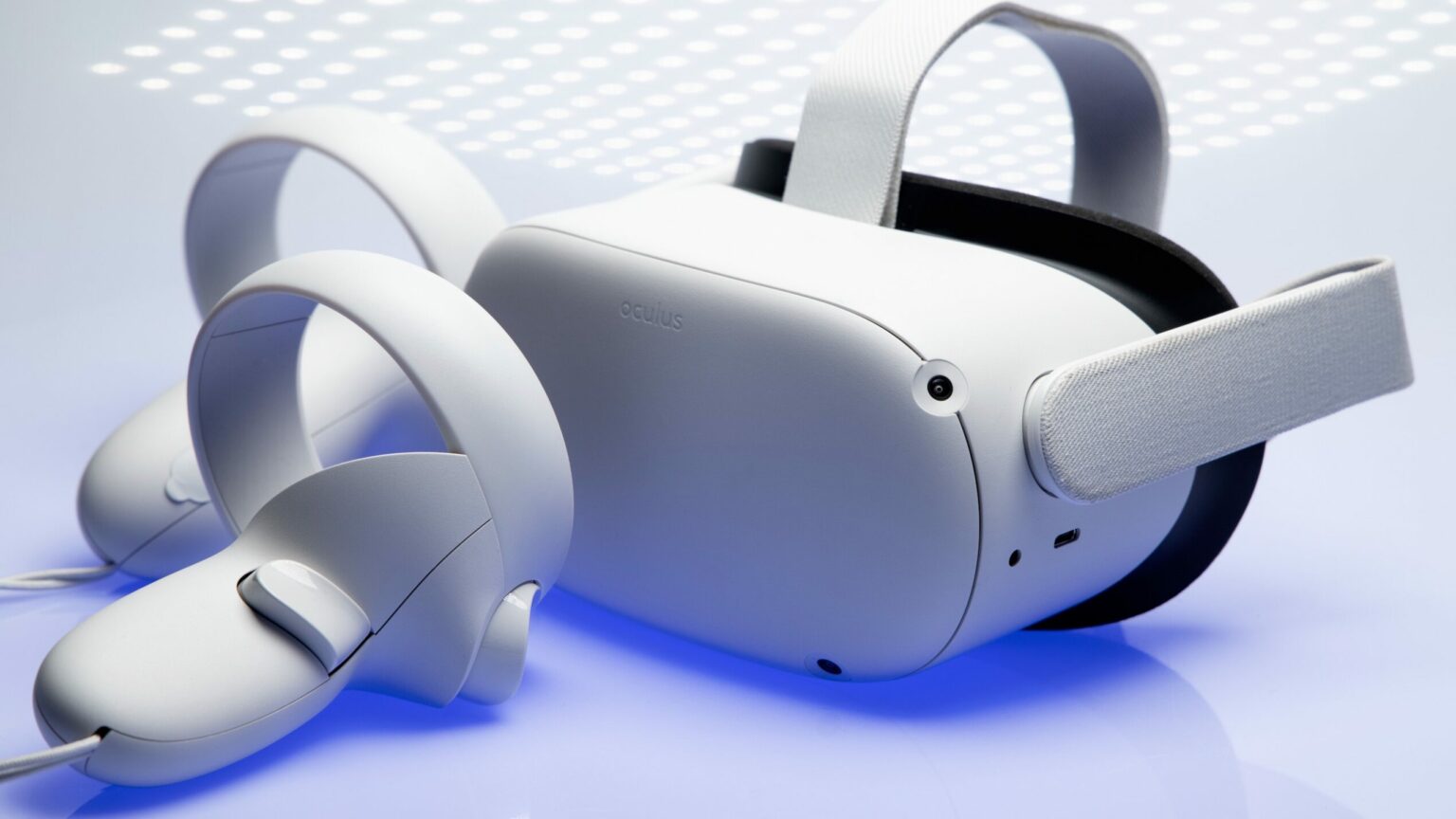Meta’s recent decision to slash the cost of its flagship VR headsets, Quest 2 and Quest Pro, has many wondering whether its ambitious metaverse vision is doomed to failure. Particularly in light of how much money the company has already lost in the venture.
The price of a 256GB Meta Quest 2 has been cut from $499.99 to $429.99, while the enterprise-level Meta Quest Pro has come down from $1,499.99 to $999.99, just five months after it launched. To sweeten the deal, Meta is also throwing in two free games with every Meta Quest 2 purchase made prior to June 3, a golf simulator called Golf+ and a sci-fi shooter, Space Pirate Trainer DX.
Also Read: Gen Z and Millennials Want Different Things From Metaverse
Accessibility goes up as prices fall
While a positive spin might be that Meta is making VR devices even more accessible, widening the gateway to metaverse entry for consumers, critics will say Zuckerberg’s grand plans are buckling under the weight of his hubris.
“Whether you’re looking to play immersive games, get creative, or collaborate with colleagues, there’s never been a better time to jump into VR,” Meta said in its cost-cutting announcement.
That’s certainly true, although $429.99remains a significant sum of money and doubtless prohibitive for some people who’d like to put the Quest 2 through its paces. Still, it’s considerably cheaper than the recently-released PSVR 2, which carried a price tag of $549.99.
In a comparison by TrustedReviews, the PSVR 2 was said to “feature a better panel and resolution but is more limited in terms of accessibility and price than the Quest 2.” And that was before Meta cut the RRP by $70.
Although the “trouble in paradise” narrative is compelling when it comes to Meta, whose Reality Labs division recorded an eye-watering $4.28 billion operating loss in Q4, Quest headsets aren’t exactly sitting unloved on the shelf gathering dust. The company estimates that it has sold over 20 million units to date, which is roughly equal to the lifetime sales of the Nintendo GameCube.
Mark Rabkin, Meta’s VP of VR, has stressed the need for the company to do a better job of retaining customers into the future. The only way to do this will be to create a suite of hit games users can enjoy.
We’re learning a lot about what y'all want at different price points and we want to be nimble enough to respond to that. In particular, I'm excited to have more people discover the innovative tech of Quest Pro and how it’ll broaden development of magical MR experiences. 2/
— Mark Rabkin (@mrabkin) March 3, 2023
Ultimately, the VR market is still dominating by gaming rather than the avatar-driven, Second Life-type vision Zuckerberg seems to advance, where users jump into the metaverse to spend hours in a virtual office. For the time being, headsets are for gamers, not everyday users.
In this sense, native gaming company Sony has an advantage on the social media giant. While the original PlayStationVR launched sold over five million units after launching in 2016, the company’s executive deputy president Hiroki Totoki recently said he expected the latest model to surpass that figure.
Totoki also predicted that the overall VR market could be one of the biggest growth areas in media and entertainment over the first half of this decade.
Judging the metaverse is hard
The metaverse is still a fairly ill-defined concept, and as a result, it’s hard to gauge its prospects of success. Or even to define what would qualify as a success.
Although Meta has lost billions to date, Zuckerbeg, despite claims to the contrary, isn’t giving up on his vision. And why would he, given the company’s stock is up 47.92% year to date?
Last year, Zuckerberg acknowledged that Meta’s metaverse project would lose ‘significant’ sums of money for up to five years, with some products not ready for 15 years. The message is clear: the metaverse is a marathon, not a sprint. The ambition of an embodied internet powered by a digital economy is not something that can be achieved overnight.
If its potential is reached, however, the metaverse could create $5 trillion in value by the end of the decade. That’s according to a January report by management consulting firm McKinsey & Company, which listed use-cases such as virtual assets, gaming, hardware, e-commerce, live entertainment, and health and fitness.
This prediction isn’t as pie-in-the-sky as it might seem. Real estate sales on the four major metaverse platforms reached $501 million in 2021, according to MetaMetric Solutions. And virtual land is just one small piece of the wider metaverse economy.









 and then
and then